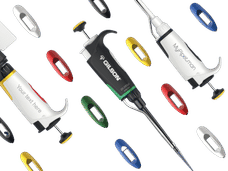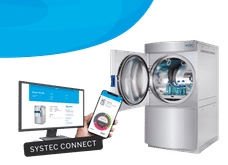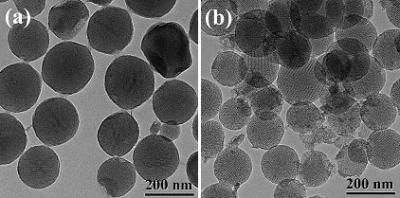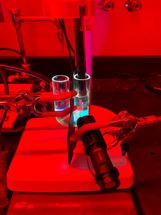EFSA confirms BfR position on detection methods for algal toxins in mussels
BfR recommends replacement of animal experiments with chemical-analytical methods
The European food safety Authority (EFSA) has evaluated regulatory limits and detection methods for biotoxins in mussels. Up to now an animal experiment in mice had been prescribed as the reference method. Strategies for the control of these toxins in mussels are now to be deliberated by the European Commission. "Chemical-analytical methods can replace the animal experiments", says BfR President, Professor Dr. Dr. Andreas Hensel. "Furthermore, the methods help to improve consumer health protection because they can detect marine biotoxins more reliably." The Federal Institute for Risk Assessment (BfR) published a high performance chemical-analytical method in 2009 which can even detect marine biotoxins below the current regulatory limits.
Consumption of mussels containing toxins can lead to diarrhoea and paralysis and, in severe rare cases, even to death. Marine biotoxins are produced by certain types of algae and accumulate in mussels. In order to protect consumers from these toxins, the official food control authorities investigate mussels for these substances. Up to now, the mouse bioassay has been the prescribed method within the EU. It involves the injection of a mussel tissue extract into the abdominal cavity of mice. Death of the mice is interpreted as the positive detection of marine biotoxins.
In a position paper on the analysis of marine biotoxins, BfR already recommended in 2005 that chemical-analytical methods be used to examine food samples. BfR believes that the mouse bioassay has shortcomings as a reference method because it cannot reliably determine whether marine biotoxins are contained in mussels and whether the statutory regulatory limits are complied with. Chemical-analytical methods are suitable alternatives and they can offer consumers more effective health protection. Furthermore, they should be given priority over the mouse bioassay for reasons of animal welfare. The BfR position is confirmed in a series of EFSA opinions.
The National Reference Laboratory for the control of Marine Biotoxins within BfR has been involved for several years in the further development of chemical-analytical methods. In cooperation with surveillance laboratories, the Federal Office for Consumer Protection and Food Safety (BVL) and with international participation, a detection method is currently being standardised. Standardisation is the prerequisite to the detection method being recognised as a reference method in the EU.
BfR will vigorously continue its efforts to replace the animal method with chemical-analytical methods for the detection of marine biotoxins in mussels. The replacement of the mouse bioassay would mean a step forward for both consumer health protection and animal welfare.
Most read news
Organizations
Other news from the department research and development
These products might interest you

Gilson MyPIPETMAN Select and MyPIPETMAN Enterprise Pipettes by Gilson
Grab the Gilson pipettes with your name and favorite colors!
Customise Your Pipettes to Fit Your Research

Systec H-Series by Systec
Safe, reproducible and validatable sterilization of liquids, solids and waste
Autoclaves with 65-1580 liters usable space, flexibly expandable for various applications

Whatman™ folded filter papers by Cytiva
Whatman folded filter papers
Convenient folded formats speed up your sample preparation

Get the chemical industry in your inbox
By submitting this form you agree that LUMITOS AG will send you the newsletter(s) selected above by email. Your data will not be passed on to third parties. Your data will be stored and processed in accordance with our data protection regulations. LUMITOS may contact you by email for the purpose of advertising or market and opinion surveys. You can revoke your consent at any time without giving reasons to LUMITOS AG, Ernst-Augustin-Str. 2, 12489 Berlin, Germany or by e-mail at revoke@lumitos.com with effect for the future. In addition, each email contains a link to unsubscribe from the corresponding newsletter.





























































